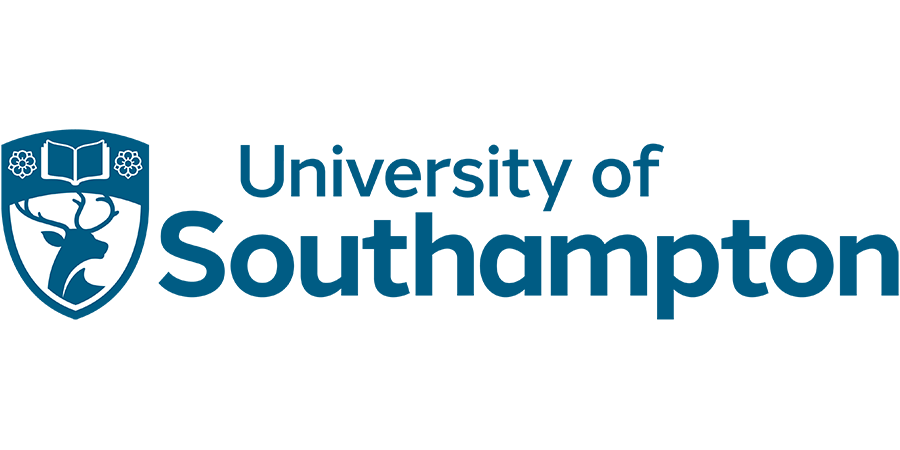Research Fellow in Developmental Biology
University of Southampton - Ecology and Evolution
| Location: | Southampton |
|---|---|
| Salary: | £38,249 per annum |
| Hours: | Full Time |
| Contract Type: | Fixed-Term/Contract |
| Placed On: | 1st May 2025 |
|---|---|
| Closes: | 4th June 2025 |
| Job Ref: | 3083325BJ |
Applications are invited from researchers to work as a Postdoctoral Research Fellow in the School of Biological Sciences at the University of Southampton. The School of Biological Sciences hosts a diverse community of researchers aiming to tackle the world’s greatest life science challenges, from food security to prevention of disease. You will work on a project attempting to understand how signalling molecule activity regulates differential gene expression and phenotype of different skeletal structures during development. This work will be carried out using sea urchins, a marine invertebrate model for skeletal development.
The role
The post is funded by the “How Does a Single Cell Type Build Diverse Shapes and Structures During Skeletal Development” grant from the BBSRC. The post will be managed by Dr. Jeff Thompson (https://www.southampton.ac.uk/people/626nqs/doctor-jeff-thompson).
Within our skeletons, but also the skeletons of most animals, there are hundreds of differently-shaped and -sized elements. In vertebrates, skeletons are made out of bones, but other animals across the tree of life have different, but equally vital, crystalline structures providing support and protection. Biomineralised skeletons are built by the activity of specialized cells which exhibit precise control over the size, shape, and orientation of the crystals they build. How these cells can produce hundreds of different skeletal elements with diverse shapes and sizes, all within a single organism, remains unclear. Our team aims to test the hypothesis that the different activity of signalling molecules around skeletal cells regulates the shape, size, and ultimately diversity and complexity of skeletal elements during development.
About you
Working as a part of a team spanning Southampton and UCL, together we will identify how signalling molecules regulate development of the diverse skeletal structures our model system, the sea urchin. Using cutting-edge hybridisation chain reaction in situ hybridisation, you will lead on analyses of gene expression across different elements of the juvenile sea urchin skeleton. You will also participate in animal husbandry and carry out experiments using pharmacological inhibitors to identify how signalling molecule function regulates biomineralising cell position, gene expression and skeletal phenotype. You will hold a PhD in Developmental Biology, Molecular Biology, or a related field, and will be passionate about development, imaging, and marine invertebrates. You will be based at the Highfield Campus in Southampton, a dynamic and vibrant city that caters for all.
What we can offer you
As a university we aim to create an environment where everyone can thrive and are proactive in fostering a culture of inclusion, respect and equality of opportunity. We believe that we can only truly meet our objectives if we are reflective of society, so we are passionate about creating a working environment in which you are free to bring your whole self to work.
With a generous holiday allowance as well as additional university closure days we are committed to supporting our staff and students and open to a flexible working approach.
If you wish to discuss the role in more detail, please email Dr. Jeff Thompson (j.r.thompson@soton.ac.uk).
Applications will be considered from candidates who are working towards or nearing completion of a relevant PhD qualification. The title of Research Fellow will be applied upon completion of PhD. Prior to the qualification being awarded the title of Senior Research Assistant will be given.
Advert information
Type / Role:
Subject Area(s):
Location(s):









